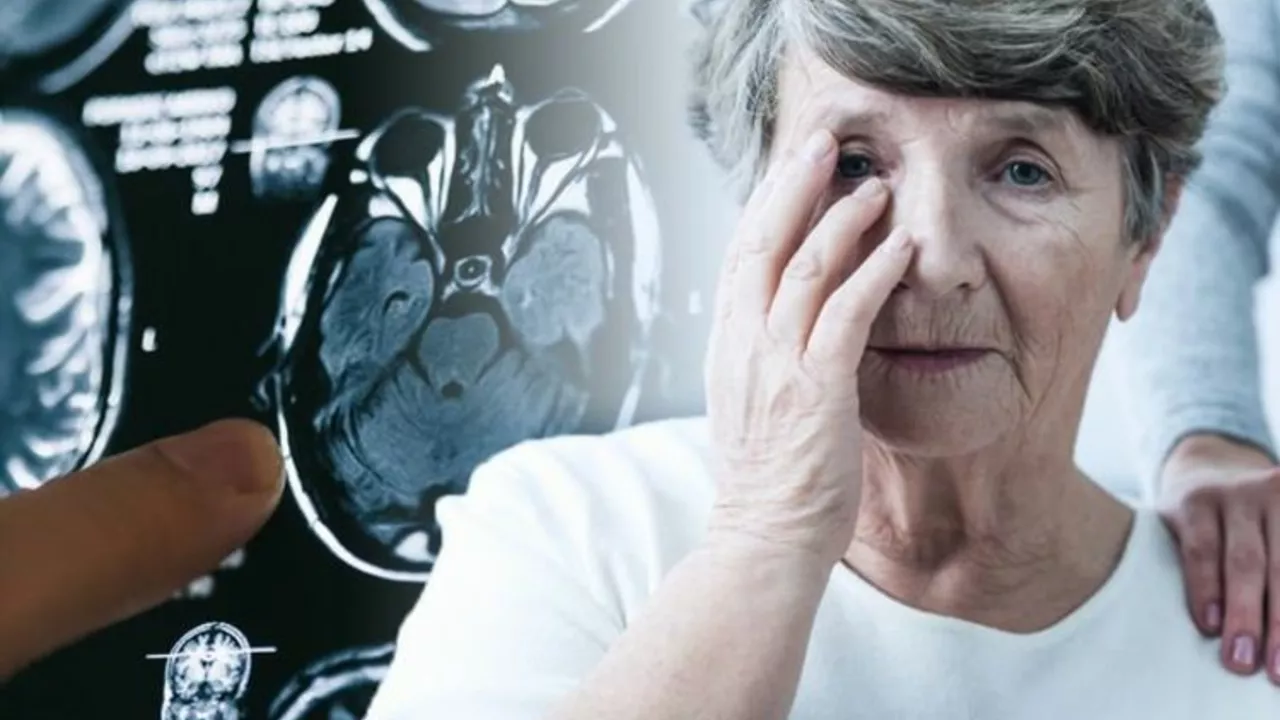Alzheimer's Disease: What You Need to Know
If you or someone you love is dealing with memory problems, chances are you've heard of Alzheimer's. It's a brain condition that slowly steals thinking skills, memory and the ability to do everyday tasks. The good news? Knowing the signs early and having a plan can make life easier for everyone involved.
Common Symptoms
The first clue is usually forgetting recent events – like where you put your keys or what you had for breakfast. Over time, people may repeat questions, get lost in familiar places, or have trouble finding the right words. Mood changes are also common; a person might become anxious, irritable, or unusually withdrawn.
These signs don't all appear at once. Some folks notice only one or two things at first, while others see several symptoms together. If you spot more than a couple of these problems for several weeks, it’s worth talking to a doctor. Early diagnosis gives you more options for treatment and planning.
Managing Everyday Life
Once Alzheimer's is confirmed, the focus shifts to keeping daily life as smooth as possible. Simple routines help a lot – same wake‑up time, meals at regular hours and a set place for important items like glasses or medication. Labeling drawers and using picture calendars can reduce confusion.
Staying active is key, too. Short walks, light stretching or even gentle gardening keep the body moving and the mind engaged. Social activities – chatting with friends, playing simple games or listening to favorite music – also boost mood and cognition.Medication can slow symptom progression for some people. Doctors often prescribe drugs that target brain chemicals, but they work best when combined with lifestyle changes. Keep a list of all medicines, dosages and timing; a pill organizer or phone reminder helps avoid missed doses.
Safety matters. Remove loose rugs, install grab bars in the bathroom and make sure lighting is bright enough to prevent falls. If wandering becomes an issue, consider a medical alert bracelet or a GPS device that family members can track.
Support for caregivers is just as important. Taking short breaks, joining a local support group, or talking to a counselor prevents burnout. Remember, caring for yourself lets you care better for the person with Alzheimer's.
Alzheimer's disease can feel overwhelming, but small steps add up. Recognize early signs, talk to health professionals, set up helpful routines and don’t forget to look after your own well‑being. With these basics in place, you’ll be better prepared for whatever comes next.

Rivastigmine and End-of-Life Care: What You Need to Know
As a blogger, I recently came across an important topic concerning end-of-life care, specifically the use of Rivastigmine in this process. Rivastigmine is a medication that is often prescribed to patients with Alzheimer's disease and other types of dementia. It helps improve cognitive function and slow down the progression of the disease. In end-of-life care, it's crucial to understand the benefits and potential side effects of Rivastigmine to provide the best possible care for our loved ones. In my upcoming blog post, I will be discussing in-depth how Rivastigmine can play a significant role in end-of-life care and what you need to know about this medication.
Read More